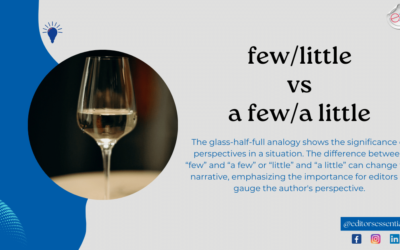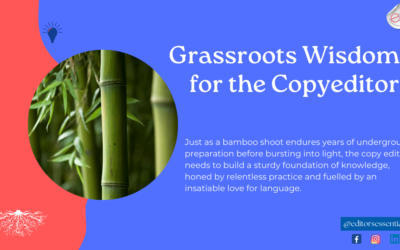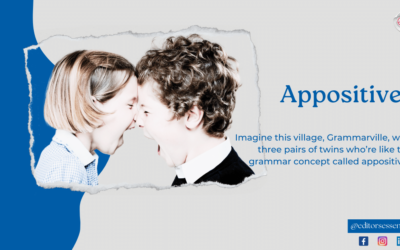I have wondered what difference it will make when a reader sees an en dash. Will he think that it was some wrongly elongated hyphen, or will she make some educated guess?
When I began as a copy editor, I hardly imagined that hyphens and en dashes are making the lives of so many editors difficult. When my colleagues looked at hyphens and dashes bewildered and perplexed, I savoured my tryst with hyphens. For a nerd, what could give more pleasure than saying that I’m skilled at using hyphens when others think that they make their life hell.
My simple idea of hyphens was that they unite. Just that. When I hear hyphens, I think of compound adjectives. But hyphens go beyond compound adjectives. They unite numbers between twenty-one and ninety-nine. They connect the fractions such as one-third. With most prefixes, they withdraw themselves for a stronger bonding, as in prebook, but try to establish their vulnerable presence through such words as post-test and post-transplantation. My publisher’s house style tells me what to do with hyphens, most of the times saying something like “pre- words closed (or hyphenated)”. When I’m decreed to use hyphens with prefixes, I think of preexist and prerequisite. I’m helpless and the house styles help less.
Even when hyphens give way, fusing words and prefixes, they stand in between numbers, proper nouns, and abbreviations on the one hand and other words on the other hand, as in mid-1950s, Chicago-based and non-HL. (Parallelisms are another slightly nerdy thing, but reserved for a later post.)
Oh, and they save you from ambiguities: reserve the table or re-serve the table?
If you thought this is too much, the plot just thickens.
Talking of compound adjectives, the starting point is a compound adjective of just two words: my favourite banana-eating monkey. A similar phrase is English-speaking population. Then there is this English speaking non population, I mean non-English-speaking population. Replace one of the compound adjectives with an open compound, and the nerd’s eyes lit up with pleasure. The thought of Monte Carlo-based simulations and post-World War II economic cooperation gives a turn-on.
Unsatiated, the nerd looks for more guilty pleasures. He creates, sometimes vulgarly artificially, quasi-judicial–quasi-public body and calling-a-spade-a-spade approach.
The nerd has some well-wishers too. They advise him to use en dashes or to rephrase when possible. He gives them a cold shoulder, often with a smirk.
Without realizing that the distance between him and others grows disproportionately to the number of hyphens he uses in his writing.




OMG!!! How i wish u could just rephrase and call a spade a spade and make life more easier… 🙂